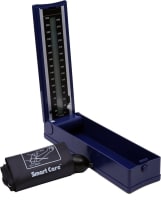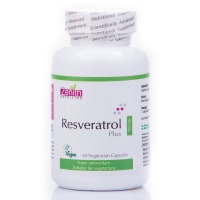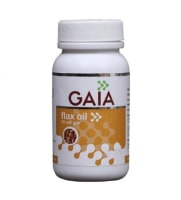
Interaction with alcohol is unknown. Please consult your doctor.

WEIGH RISKS VS BENEFITS
Milicor 10mg Injection may be unsafe to use during pregnancy.Animal studies have shown adverse effects on the foetus, however, there are limited human studies. The benefits from use in pregnant women may be acceptable despite the risk. Please consult your doctor.

Milicor 10mg Injection is probably safe to use during lactation. Limited human data suggests that the drug does not represent a significant risk to the baby.

It is not known whether Milicor 10mg Injection alters the ability to drive. Do not drive if you experience any symptoms that affect your ability to concentrate and react.

CAUTION
Milicor 10mg Injection should be used with caution in patients with kidney disease. Dose adjustment of Milicor 10mg Injection may be needed. Please consult your doctor.

Milicor 10mg Injection is probably safe to use in patients with liver disease. Limited data available suggests that dose adjustment of Milicor 10mg Injection may not be needed in these patients. Please consult your doctor.
Uses of Milicor Injection
Milicor 10mg Injection is used in the treatment of heart failure.
How to use Milicor Injection
Your doctor or nurse will give you this medicine. Kindly do not self administer.
How Milicor Injection works
Milicor 10mg Injection makes the heart pump blood with more strength and force, therefore, increasing the blood pressure.
Common Atrial arrhythmias (altered heart rate), Arterial hypotension (low blood pressure), Headache.
Expert advice for Milicor Injection
Tell your doctor if you have a history of kidney problems, low potassium levels (hypokalemia), low blood pressure (hypotension), irregular heartbeat, heart valve disorders, myocardial infarction, heart attack or other heart problems.You may be carefully monitored for blood pressure, heart rate, clinical state, ECG, fluid balance, electrolytes and renal function (i.e. serum creatinine).The medicine cannot be given to children in case of an unstable heart rhythm and blood pressure.Tell your doctor if your child has kidney problems, is a preterm infant or has a low birth weight or if your child has a certain heart problem known as Patent Ductus Arteriosus (a connection between 2 major blood vessels (aorta and pulmonary artery) which persists though it should be closed).Consult your doctor if you are taking digoxin, diuretics,medications used to treat high blood pressure or chest pain (angina).Seek medical advice, if you see signs such as feeling dizzy, lightheaded or fainting, fat or uneven heartbeat or chest pain after administration of milrinone.Take precautions while using milrinone as it may decrease blood pressure (hypotension). Talk to your doctor if you are pregnant or planning to become pregnant or are breastfeeding.
Q. How does Milicor decrease preload and afterload/ does it need a central line/ does Milicor come in pill form?
Milicor belongs to a class of medicines called phosphodiesterase inhibitors. It inhibits the enzyme phosphodiesterase-3, which eventually increases the contractility in the heart tissue, thereby, increasing the capacity of the heart to pump blood effectively. It is given as a drip (infusion) in the vein (intravenously) preferably via a central line. It does not come in the form of pill/tablet
Q. Does Milicor cause hypotension/ tachycardia/ increased heart rate/ increase blood pressure/ lower or decrease blood pressure?
Milicor may lower/decrease your blood pressure (hypotension) and cause tachycardia and increased heart rate. It does not increase blood pressure.


 Milicor 10mg Injection
Milicor 10mg Injection  Bookmark
Bookmark





















